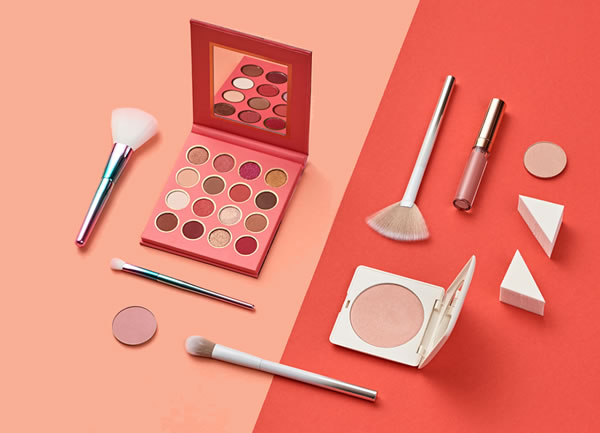You may have read in the media about a recently-published study in the scientific journal Chemical Research in Toxicology suggesting that sunscreens containing the UV filter octocrylene can break down over time and may, the study claims, cause cancer.
We understand that the report may appear alarming, but the study does not need to cause concern. The cosmetics industry welcomes new scientific research because this adds to the wealth of existing information about our products and ingredients. It is important to put new studies in context of the existing safety information, and this new study does not show that sunscreens containing octocrylene pose any health risk to us.
Dr Emma Meredith, Director-General of CTPA and a pharmacist says:
“This study does not change the fact that sunscreens and their ingredients are safe, effective and an essential part of a sunsafe regime for protecting our health, as advised by dermatologists globally. The UV filter octocrylene has been used in sunscreens for many years and no health risk from tiny quantities of benzophenone impurities has been shown. We can be reassured that the safety of every single sunscreen must be approved by a highly qualified specialist before it can be sold in the UK.”
About the study
The study suggests that octocrylene can break down to form a substance called benzophenone, which may lead to cancer. Benzophenone is one of a family of chemicals and it can be used to provide flavour or fragrance or to absorb sunlight in some consumer products. Although not generally used in cosmetics, benzophenone is allowed to be used in food, because it has been found safe for this use by the highly-regarded independent scientists of the European Food Safety Authority. However, the possible health concerns raised in the study are based on effects shown in rats or in test-tube experiments. These results and health concerns are not directly transferable to humans.
Confidence in our cosmetic products
No ingredients are allowed in cosmetic products if they are unsafe. The strict UK and EU cosmetics laws acknowledge that traces of impurities may be present or develop in products over time, but the rules are very clear that any presence must not cause harm to human health. Sunscreen manufacturers will know from their suppliers whether their ingredients contain benzophenone impurities and this will be fully taken into account during the sunscreen safety assessment. Only safe products are allowed to be sold.
Sunscreens are created to ensure that they are safe to use and remain fit for purpose for their intended shelf-life. Manufacturers also carry out their own stability tests, similar to those conducted in the study to understand how cosmetics, including sunscreens, change over time and to make sure they are safe and effective during their lifetime. In the UK and EU sunscreens do not have expiry dates. Instead, if a sunscreen has a limited shelf life of less than 30 months it will be labelled with a ‘best before’ date. The vast majority of sunscreens safely last longer than 30 months, and these may be labelled with a ‘period after opening’ (PAO) open jar symbol. The PAO is not an expiry date, but shows that once opened the product will not deteriorate to cause us harm.
Safety of UV filters
The cosmetics industry takes our health and safety extremely seriously. Only UV filters which have gone through an extensive safety review by independent scientific experts, which takes several years, are allowed to be used in sunscreens and any other cosmetic product in the UK and the EU. The UV filter octocrylene, which was the subject of the study, had its safety reconfirmed through this review process in January 2021.
Cosmetic Safety
All cosmetic, toiletry and perfumery products placed on the market in the UK are regulated by strict UK legislation, the UK Cosmetics Regulation. This Regulation entered into force on 1 January 2021 and is very closely aligned with the EU laws that used to cover UK cosmetic products, and maintains the same ingredient bans and restrictions currently listed in the EU legislation which has been in place for well over 40 years.
The primary purpose of these laws is to protect our safety. The manufacturer or supplier of the cosmetic product is responsible for ensuring it is safe and each cosmetic, including its ingredients and impurities, must be safety assessed by a qualified safety assessor before it is made available for us to buy.
Read more about cosmetic safety, sunscreens, endocrine disruptors and labelling.

